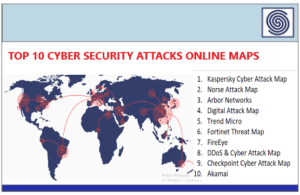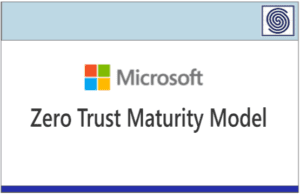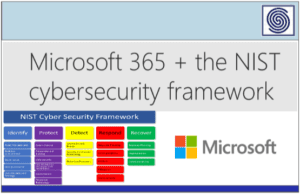Cisco has released free software updates that address the vulnerability described in this advisory. Customers with service contracts that entitle them to regular software updates should obtain security fixes through their usual update channels.
Customers may only install and expect support for software versions and feature sets for which they have purchased a license. By installing, downloading, accessing, or otherwise using such software upgrades, customers agree to follow the terms of the Cisco software license:
https://www.cisco.com/c/en/us/products/end-user-license-agreement.html
Additionally, customers may only download software for which they have a valid license, procured from Cisco directly, or through a Cisco authorized reseller or partner. In most cases this will be a maintenance upgrade to software that was previously purchased. Free security software updates do not entitle customers to a new software license, additional software feature sets, or major revision upgrades.
The Cisco Support and Downloads page on Cisco.com provides information about licensing and downloads. This page can also display customer device support coverage for customers who use the My Devices tool.
When considering software upgrades, customers are advised to regularly consult the advisories for Cisco products, which are available from the Cisco Security Advisories page, to determine exposure and a complete upgrade solution.
In all cases, customers should ensure that the devices to be upgraded contain sufficient memory and confirm that current hardware and software configurations will continue to be supported properly by the new release. If the information is not clear, customers are advised to contact the Cisco Technical Assistance Center (TAC) or their contracted maintenance providers.
Customers Without Service Contracts
Customers who purchase directly from Cisco but do not hold a Cisco service contract and customers who make purchases through third-party vendors but are unsuccessful in obtaining fixed software through their point of sale should obtain upgrades by contacting the Cisco TAC: https://www.cisco.com/c/en/us/support/web/tsd-cisco-worldwide-contacts.html
Customers should have the product serial number available and be prepared to provide the URL of this advisory as evidence of entitlement to a free upgrade.
Fixed Releases
In the following table(s), the left column lists Cisco software releases. The right column indicates whether a release is affected by the vulnerability that is described in this advisory and the first release that includes the fix for this vulnerability. Customers are advised to upgrade to an appropriate fixed software release as indicated in this section.
| Cisco BroadWorks Release |
First Fixed Release |
| Release Independent (RI)1 |
RI.2024.11 |
1. Starting with Release 25 of Cisco BroadWorks, all server types are release-independent and follow the date-based release naming convention. For more information, see the BroadWorks Release Independent Support Policy.
The Cisco Product Security Incident Response Team (PSIRT) validates only the affected and fixed release information that is documented in this advisory.




















































